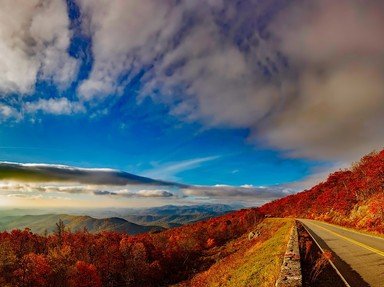Quiz Answer Key and Fun Facts
1. Lynchburg, Va., was named for John Lynch, who began to offer a necessary service just as the area was becoming settled, circa 1757. What service was it?
2. Lynchburg, Va. is called the "City of Seven Hills." One could stretch the number to more or less, by roamin' around and counting. Why seven?
3. Lynchburg, Va. had a famous neighbor in the very early 1800s, though he wasn't always home at his plantation, Poplar Forest, and wouldn't necessarily say so if he was. A scholar, statesman, slave owner, architect and redhead, what was his name?
4. A bateau was often used to transport things or people between Lynchburg and Richmond, Va. in the early days, following the James River. What was a bateau?
5. In 1804, a famous eccentric traveling preacher gave an open-air sermon at Lynchburg, probably using his usual sermon style of praise, hellfire and brimstone, love, and exciting stories, to the thousands who gathered. What was his name? I don't believe his relatives ever started a chemical company or stock market index.
6. The question everyone asks: What connection did Lynchburg have to the practice of lynching by a lynch mob?
7. For a short while, Lynchburg was the capital of Virginia.
8. Lynchburg, Va. came closest to being captured during the Civil War when Union General David Hunter tried and failed, June 17-18, 1864. What did Lynchburg's citizens do to help win the battle?
9. A sad chapter in Lynchburg's history was the Virginia State Colony for Epileptics and Feebleminded. Inmates there were forced to undergo what medical treatment, as part of the eugenics movement in the early 20th century? It was of no benefit to them but was supposed to improve the next generation of Americans.
10. Lynchburg, Va. has forty sites on the National Register of Historic Places, from old cemeteries to historic schools. My friend's favorite is Lynch's Brickyard House, mainly built in 1849. What is it?
Source: Author
littlepup
This quiz was reviewed by FunTrivia editor
bloomsby before going online.
Any errors found in FunTrivia content are routinely corrected through our feedback system.

